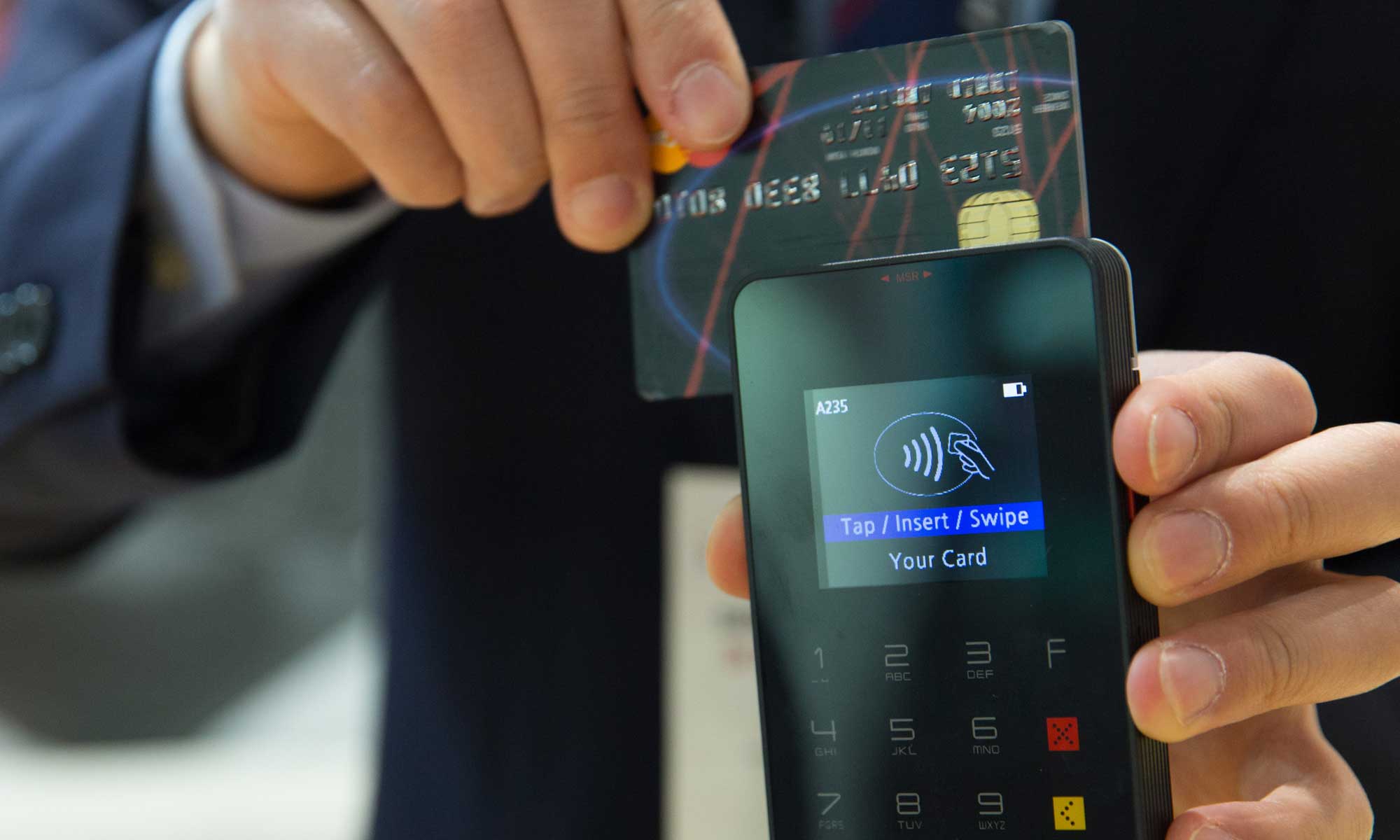This website is intended as education, not investment advice.
Crypto Beginners’ Live Education Meeting
I’d love to have you join my Crypto Beginners’ Zoom Group Saturdays from 11:00 AM to noon Eastern Time. They’ve been running since Dec 19, 2020. We provide crypto education, but no financial advice.
Here is the format:
- An introduction to the basics of crypto for new people
- Questions from beginners, for example where and how to buy and store crypto
- If there’s time after the above, there is open discussion or advanced Q & A
You must register in advance for the meeting, because the data is presented in sequence from simplest material to the more complex. Coming late doesn’t work. Also you need to register and be approved before you can join the meeting.
https://us02web.zoom.us/meeting/register/tZcqceGhpz0iHNW0qHpJjXWFW6KIEIcs716h
After registering, you will receive a confirmation email containing information about joining the meeting.
Best wishes for a great new year!
Welcome to Bitcoin Secrets
Can you remember the world before the computer, Internet and smartphones? Well the world is about to be completely changed once again, but this time it’s going to revolutionize money.
Bitcoin is Internet money. It is created, stored and transmitted on the Internet in digital form similar to the way text messages are created, stored and transmitted on your phone’s wireless network, except that each bitcoin incorporates a unique digital code that makes it impossible to fake.
What gives it value? The increasing number of people who are willing to pay for it because of its ability to:
- transmit money easily at no or very little cost,
- cross national borders,
- resist inflation, unlike dollars, pesos, or other paper money and
- be a store of value, like gold or silver.
Two months ago, my wife and went to the movies and paid for our tickets with Bitcoin. There is now a mobile app that permits paying for Starbucks coffee with Bitcoin. Microsoft is adding Bitcoin support into its Office software (Excel, Word, etc.) The world’s largest financial exchange that trades interest rates, stocks, foreign currency, energy, agricultural commodities, rare and precious metals and real estate, added a Bitcoin index November 14, 2016 calling it a new investment asset class! In the first quarter of 2017, the government of Japan passed a law making Bitcoin legal payment in Japan. (Japan is the 3rd largest economy in the world.)
Why would you want to own it? The first Bitcoin was created January 3, 2009. The next month, the first Bitcoin exchange (the place where people buy and sell Bitcoin) was created on the Internet. By July 17, 2010, the value of a Bitcoin had increased to 8 cents, an increase of 10 times in about 6 months, and a second online exchange was created. On November 6, 2010, the value of a Bitcoin had risen to 50 cents, an increase of a little over 600% in 5 months and the number of Bitcoins had risen to 2 million.
By February 9, 2011, the value of a Bitcoin was $1. The value doubled in 3 months. In March, the value of a Bitcoin dropped to 70 cents. Later that month, the first British Bitcoin exchange opened online offering trades to and from the British Pound. Within days, similar exchanges opened for Brazilian, European, Polish and other currencies.
In April 2011, another online exchange opened. By June of 2011, the value of a Bitcoin had risen to $31.91 and the bitcoin market was more than $200 million. Four days later, the value of a Bitcoin crashed to $10. Later that month, the first smartphone app permitted storing and spending Bitcoins on mobile phones.
In August 2011, the first international Bitcoin conference was held in NY city. In November, the first European conference was held in Prague, Czech Republic. In December 2012, the first Bitcoin bank was licensed in Europe.
By February 2013, the value of Bitcoin reached $30. In March 2013, it hit $74.90 and the value or all Bitcoins broke 1 billion dollars! This was a 10,000 time increase from the beginning eight tenths of a cent. In April, it’s value passed $100 and the following month, the first real-world ATM machine for converting dollars to Bitcoin was put into service in San Diego. In March 2017, the number of Bitcoin ATMs exceeded 1000 with more than 700 in the US alone.
In August 2013, the German Federal Ministry of Finance announced it recognized Bitcoin for commercial and private sales. In October, the largest Chinese search engine, Baidu, began accepting Bitcoin. In November 2013:
- The value of a Bitcoin hit $263, then doubled to $500.
- A Subway store began accepting Bitcoin.
- Bitcoin officially transferred more money that month than Western Union!
- A university in Cyprus began accepting Bitcoin as payment for tuition.
- Richard Branson’s Virgin Galactic began accepting Bitcoin for space travel.
- Shopify, an Internet shopping cart service, integrated bitcoin as a payment option for its 70,000+ merchants.
Large fortunes are made when unstoppable trends are discovered early and invested in before most people understand them.
An unpublished 2016 paper by the Federal Reserve Bank of Boston and MIT revealed that the 2014- 2015 Survey of Consumer Payment Choice found that only about half of U.S. consumers have heard of Bitcoin and that most of these consumers who are aware of it are unfamiliar with it. In fact, at that time, only about 1 percent or less of U.S. consumers have ever owned it.
